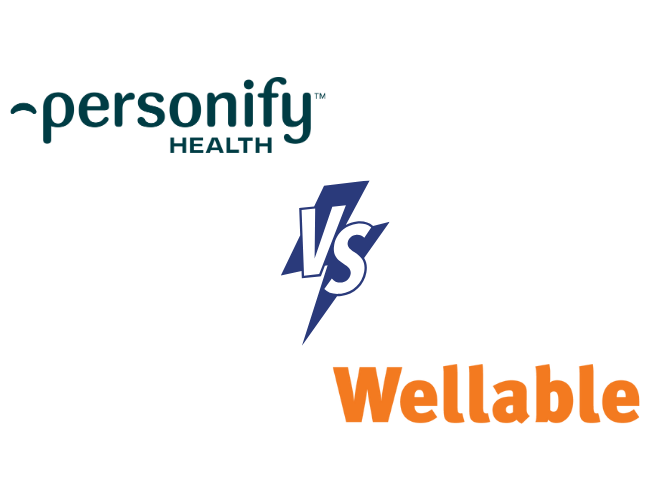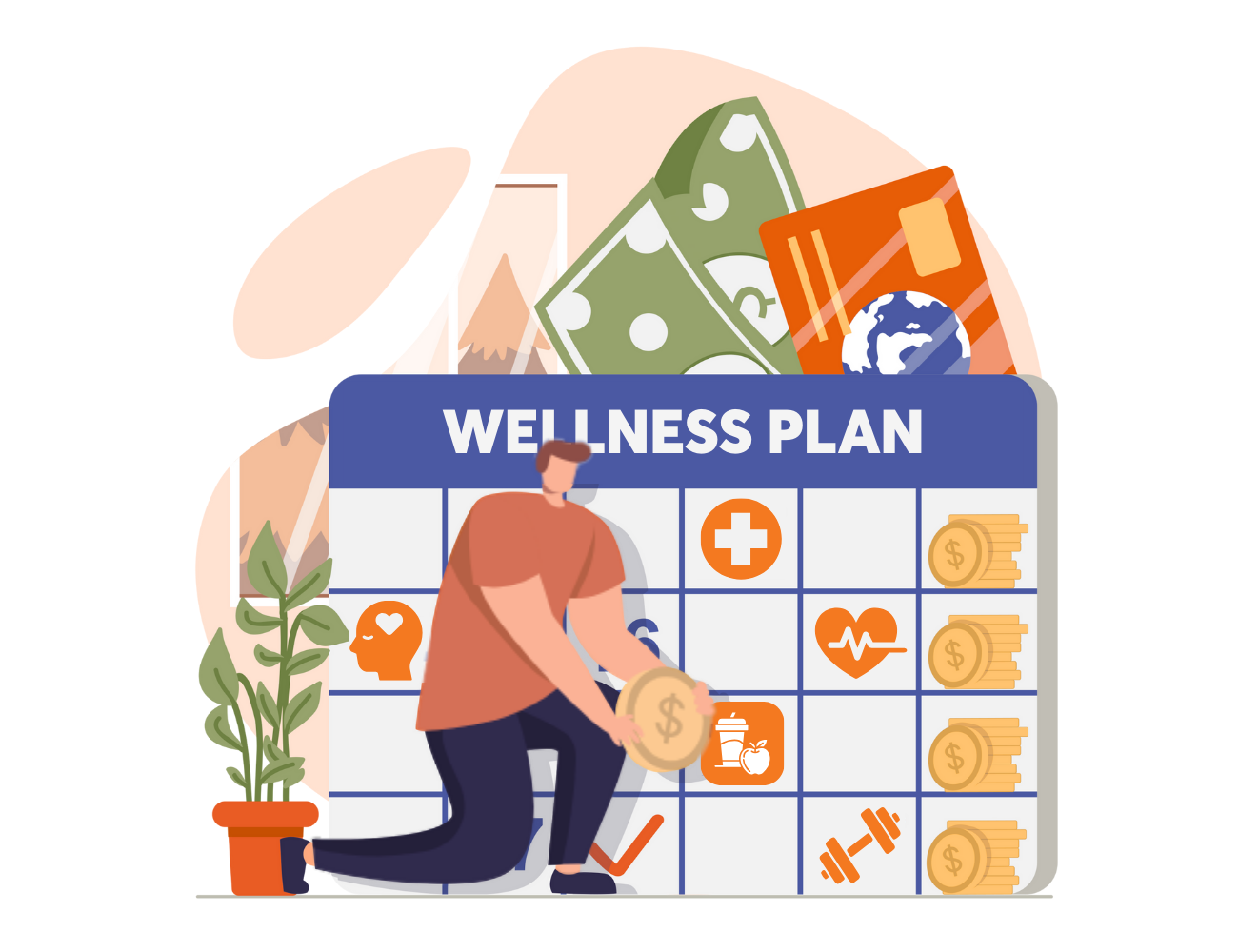While the pandemic is in the rearview mirror, COVID-19 testing remains critical to safeguard both public health and the workplace. The US Preventive Services Task Force is gearing up to discuss a significant move – the recommendation of widespread COVID-19 screening. This could pave the way for insurers to permanently cover the cost of tests.
As businesses navigate a post-pandemic world, understanding any changes in public health policy related to COVID-19 testing is crucial for ensuring the safety and well-being of their workforce. This article examines the evolving landscape of COVID-19 testing and its implications for employers.
Pressed for time? Here’s a quick summary…
- Widespread COVID-19 Testing: This form of testing is vital for detecting and containing potential outbreaks, and crucial in protecting both individual health and workplace safety.
- Affordable Care Act’s Role: The ACA aims to eliminate financial obstacles for COVID-19 testing by mandating insurers to cover preventive measures, which includes recommended screenings.
- Impact of US Preventive Services Task Force Recommendation: A recommendation for more extensive COVID-19 testing could redefine testing as a preventive measure. This has far-reaching implications for employers, employees, and the insurance industry.
- Employer Responsibilities: Employers must stay updated on changing regulations and insurer practices. They should provide thorough support to employees and display adaptability to ensure effective COVID-19 testing strategies within their organizations.
Why Free COVID-19 Testing Is Essential
Widespread COVID-19 testing is instrumental in identifying and containing potential outbreaks. It not only safeguards individual health, but also contributes to creating a safer work environment by preventing the spread of the virus among employees.
Employers and employees reap several benefits from free COVID-19 testing:
- Employers can curtail potential outbreaks within their workforce, avoiding disruptions and protecting employee well-being.
- Employees experience enhanced workplace safety, reduced anxiety, and the assurance that their health is a priority with this free benefit.
The Affordable Care Act & COVID-19 Testing

In 2020, the demand for testing surged due to concerns over availability and accessibility. As availability became less of a hurdle, cost emerged as a primary concern for employers and employees.
The Affordable Care Act (ACA) plays a pivotal role in removing financial barriers to COVID-19 testing. The ACA mandates insurers to cover preventive measures, including recommended screenings, ensuring individuals have equal access to vital health services.
The US Preventive Services Task Force (USPSTF) is exploring the inclusion of COVID-19 screening in its scope. If approved, this could lead to permanent insurer coverage for COVID-19 tests, in alignment with ACA guidelines.
Disruptions In COVID-19 Testing Coverage
The conclusion of the public health emergency has raised concerns about testing coverage. With the requirement for free testing now expired, some large insurers have scaled back coverage, thereby impacting accessibility to testing options.
Actions taken by these insurers, such as introducing copays for lab tests or limiting coverage of at-home tests, pose challenges to consistent testing availability. Diminished access might lead to undetected cases circulating within the workplace, increasing the risk of outbreaks and business interruptions. Maintaining robust testing coverage remains essential for sustaining a safe work environment.
The Legal Challenges To Testing Coverage

A recent legal dispute questions the authority of the USPSTF to enforce coverage requirements. This challenge arises from the argument that the Task Force lacks proper appointments by the Health and Human Services secretary. The outcome of this court battle could shape the extent to which insurers are obligated to cover COVID-19 testing.
Should the Task Force’s authority be limited, implications for employers and employees could be significant. Reduced Task Force influence might lead to variations in coverage policies among insurers, potentially creating disparities in testing accessibility for employees.
The Impact Of A USPSTF Recommendation For COVID-19 Testing
A recommendation from the USPSTF for widespread COVID-19 testing could be central in shaping the future of testing coverage. Similar to its influence on preventive screenings, the Task Force might advocate for comprehensive and ongoing COVID-19 testing coverage by insurers.
Such a recommendation would have a far-reaching impact.
- Employers may see a reinforced emphasis on testing, enhancing workplace safety protocols.
- Employees could experience improved access to testing resources, contributing to early detection and better control of virus transmission.
- Insurers might adapt to accommodate the increased demand for testing coverage.
The ripple effects of the USPSTF’s position could be monumental, setting new precedents for how we approach and manage public health crises in the future.
Looking Ahead: The Future Of COVID-19 Testing In The Workplace

Amid legal uncertainties, potential recommendations, and evolving workplace dynamics, a proactive and adaptable approach is vital in ensuring effective COVID-19 testing strategies and maintaining a secure work environment for all:
- Preparedness For Change: Employers, HR professionals, and brokers should proactively anticipate potential shifts in testing coverage policies. Staying informed about evolving regulations and insurer practices is essential to ensure a smooth transition and maintain a secure work environment.
- Supporting Employees: Offering employees resources such as information about testing options, promoting vaccination, and fostering a culture of health can help employees feel valued and protected.
- Ongoing Adaptability: Flexibility in response to changing testing guidelines, along with proactive adjustments to workplace policies, will empower employers and employees to effectively manage potential challenges while prioritizing health and safety.












